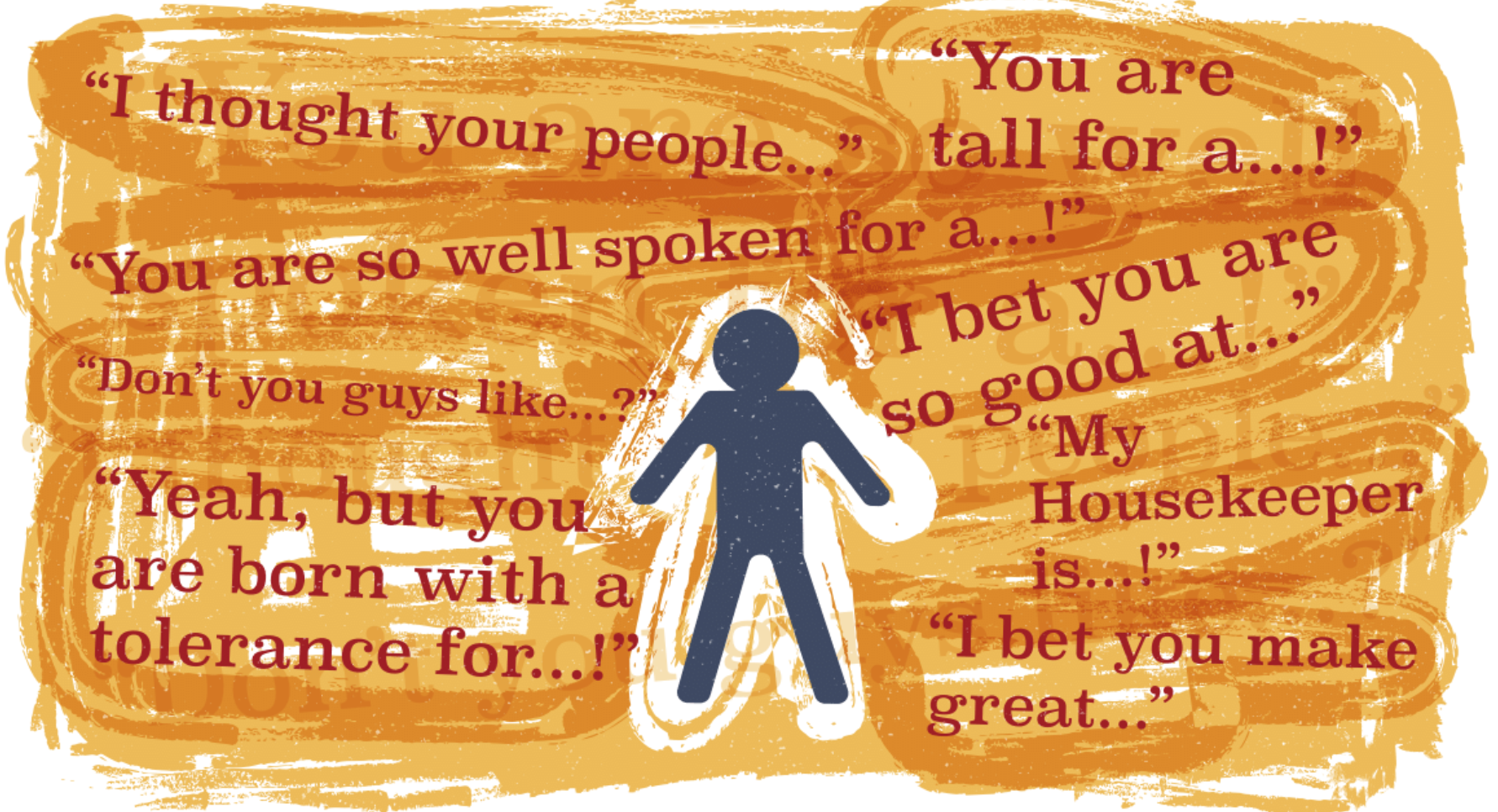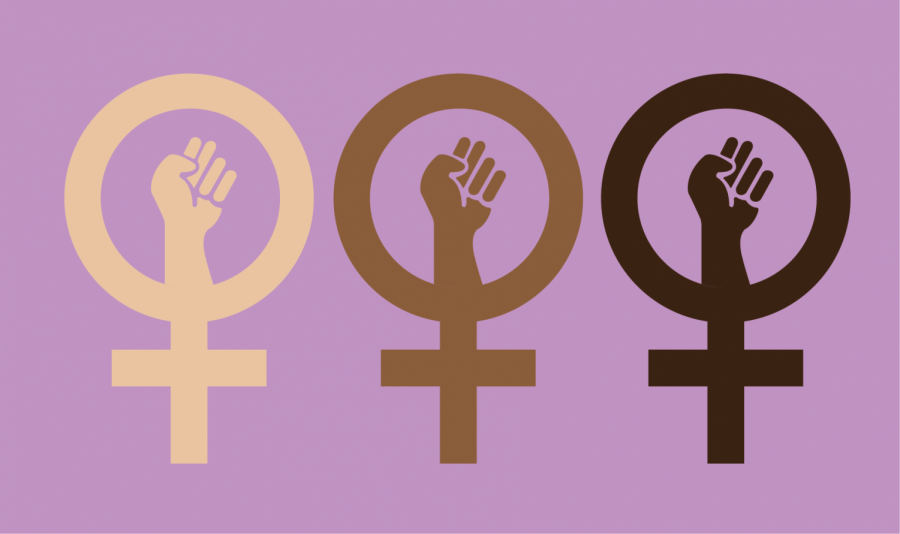 Sexual liberation was a movement primarily from the 1960s to the 1980s that challenged the norms of behaviors to sexuality and sexual relationships throughout the United States. The point of the movement was to remove the guilt and judgment that was attached with freely expressing sexual needs. This was the time where sexual minorities were more expressive, especially in the summer of 1969 when the Stonewall Riots occurred. This movement was focused on more permissive rather than punitive attitudes towards sex, they wanted to make nonmarital sex and sex between teenagers to be more acceptable and not as taboo.
Sexual liberation was a movement primarily from the 1960s to the 1980s that challenged the norms of behaviors to sexuality and sexual relationships throughout the United States. The point of the movement was to remove the guilt and judgment that was attached with freely expressing sexual needs. This was the time where sexual minorities were more expressive, especially in the summer of 1969 when the Stonewall Riots occurred. This movement was focused on more permissive rather than punitive attitudes towards sex, they wanted to make nonmarital sex and sex between teenagers to be more acceptable and not as taboo.
This movement was essential for the way that our current society views sex. There is still a mix of attitudes amongst teenagers and adults. Some are more conservative and wait until marriage, some are conservative but engage in nonmarital sex withs serious partners, some are more liberated and engage in nonmarital sex with people they trust and others are more liberated that they engage in “sex for fun”. The most important thing to take from this is that people have different views towards sex, which is perfectly fine.
Nonetheless, this sexual liberation that has been occurring for the last few decades has replaced the longstanding pressure to say no with the pressure to say yes. By that, I mean that this view of sexual freedom has been associated with sexual liberation and empowerment that in a way requires them to say yes. It has come to be that the older you get, the more shameful it is to be a virgin. From my own observation, people start caring about virginity from age 13, if you get to 18 and you’re still a virgin, you’re kind of looked at strangely. This is even worse for men that are viewed as having more sexual needs than women, and they are given more liberty to explore those sexual needs.
A perfect example of this is sexual activities amongst college students. There is a hookup culture that is emphasized in college, where students are meant to enjoy their youth and engage in short-term relationships with others. This is great for those that want to engage in that behavior, what is worrying is when people feel a sense of shame if they don’t engage in this behavior. One can make a comparison to drinking alcoholic drinks. If someone does not have strong moral ground then they will fall into the whole of peer pressure and social pressure.
Although sexual liberation has its faults, it has also been beneficial for sexual minorities (LGBTQ+ members, excluding asexuals) and people that wish to embrace practices such as masturbation and roleplay. The imperative yes has increased people’s tolerance for other people’s choices.
Nonetheless, real sexual liberation would mean that everyone has to right to make their own decisions without social consequences. Sexual liberation could be expressed through someone engaging in casual sex or someone waiting until marriage to have sex, it is all based on the person’s own definition of sexual liberation.
Sources:
- https://ncatregister.com/16735/theculture/what-is-sexual-liberation/#:~:text=Sexual%20liberation%20derived%20from%20a,with%20freely%20meeting%20sexual%20needs.
- Wade, Lisa; Ferree, Myra Marx. Gender: Ideas, Interactions, Institutions (Second Edition) (p. 257). W. W. Norton & Company. Kindle Edition.



